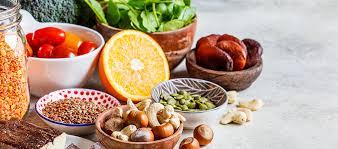How To Increase Hemoglobin Naturally?
Increasing hemoglobin levels is essential for maintaining good overall health and preventing conditions like anemia. Here are some tips to help boost your hemoglobin levels:
- Iron-Rich Diet: Consume foods high in iron, such as lean meats, poultry, fish, beans, lentils, tofu, spinach, and fortified cereals. Iron is a key component of hemoglobin.
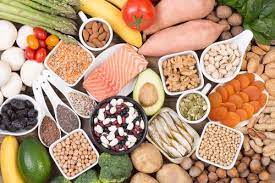
- Vitamin C: Pair iron-rich foods with sources of vitamin C like citrus fruits, bell peppers, strawberries, and broccoli. Vitamin C enhances iron absorption.

- Folate-Rich Foods: Include foods rich in folate, like leafy greens, citrus fruits, beans, and fortified grains. Folate supports healthy red blood cell production.
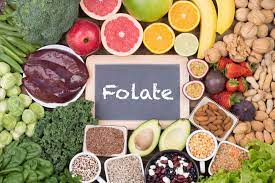
- Vitamin B12: Consume foods with vitamin B12, such as eggs, dairy products, meat, poultry, and fortified cereals. Vitamin B12 is crucial for hemoglobin synthesis.

- Avoid Tea and Coffee: These beverages contain compounds that can hinder iron absorption. Consume them separately from iron-rich meals.

Also Read:- Raw Superstars: 10 Must-Eat Vegetables for a Fresh and Nutritious Boost
- Pomegranate: Pomegranate is known to boost hemoglobin levels due to its iron content. Drinking pomegranate juice or consuming the fruit regularly can help.
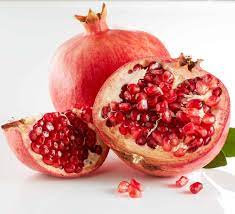
- Beetroot: Beetroot is rich in iron, folate, and antioxidants that support healthy blood. You can consume it as a vegetable, juice, or in salads.

Also Read:- The Deadly Dilemma: Striking a Balance Between Hydration and Overhydration
- Dates: Dates are a natural source of iron and can be included in your diet as a snack or added to dishes.
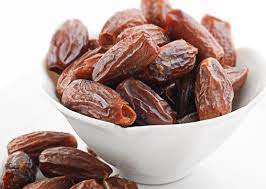
- Nuts and Seeds: Snack on nuts and seeds like almonds, pumpkin seeds, and sunflower seeds, which contain iron and other nutrients.
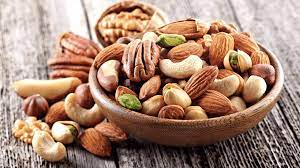
- Avoid Iron Blockers: Limit consumption of calcium-rich foods and supplements during iron-rich meals, as calcium can inhibit iron absorption.
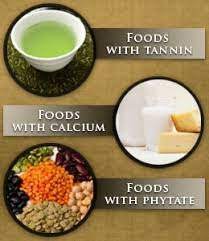
- Hydration: Stay adequately hydrated, as dehydration can affect blood volume and hemoglobin concentration.

- Cook in Iron Utensils: Cooking certain foods in iron utensils can enhance the iron content in your meals.

- Regular Exercise: Regular physical activity can stimulate the production of red blood cells and improve overall blood circulation.

- Manage Stress: Chronic stress can affect blood parameters, including hemoglobin levels. Practicing stress management techniques can be beneficial.

- Consult a Doctor: If you suspect anemia or have persistently low hemoglobin levels, consult a healthcare professional for proper diagnosis and personalized guidance.

Remember, it takes time for hemoglobin levels to increase. Consistency in following these tips and maintaining a balanced diet will gradually help improve your hemoglobin levels and overall health.
Disclaimer:
The information in this post is for general informational purposes only and not a substitute for professional advice. Consult qualified experts before making any changes. Engage in activities at your own risk, considering your abilities. Individual results may vary. Sponsored content may be included. The post does not diagnose or treat medical conditions. Use critical thinking and verify external sources. By engaging, you accept responsibility for your decisions.


